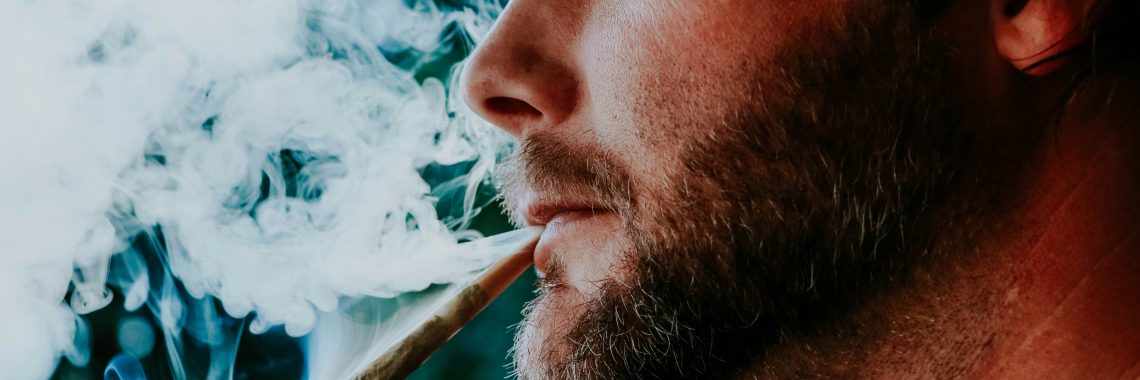Arkansas State Troopers Seize 248 Pounds of Illegal Marijuana from Out of State in Christmas Eve Traffic Stop

On Christmas Eve, Arkansas State Police seized 248 pounds of illegal marijuana from our of state during a routine traffic stop in Lonoke County.
In a press release, the Arkansas State Police said,
The driver, Xiong Ren, 53, of Chickasha, Oklahoma, was arrested and transported to the Lonoke County Detention Center, where he was booked on felony charges of Possession with Intent to Deliver and Unauthorized Use of Another Person’s Property to Facilitate a Crime.
Ren told investigators he was traveling to Wisconsin for Christmas.
We have written time and again about how marijuana’s legalization in other states has actually emboldened drug cartels and organized crime.
Authorities in Arkansas have seen an influx of illegal marijuana from Oklahoma and other states in the wake of legalization.
This year, California’s Unified Cannabis Enforcement Task Force has seized nearly $200 million of dollars worth of illicit marijuana across the state despite legalization.
Some of these illegal marijuana operations are tied to labor trafficking and violent crime, and some may actually have connections to foreign adversaries like the Chinese Communist Party.
This is just another example of how marijuana may be many things, but “harmless” simply is not one of them.
Articles appearing on this website are written with the aid of Family Council’s researchers and writers.





